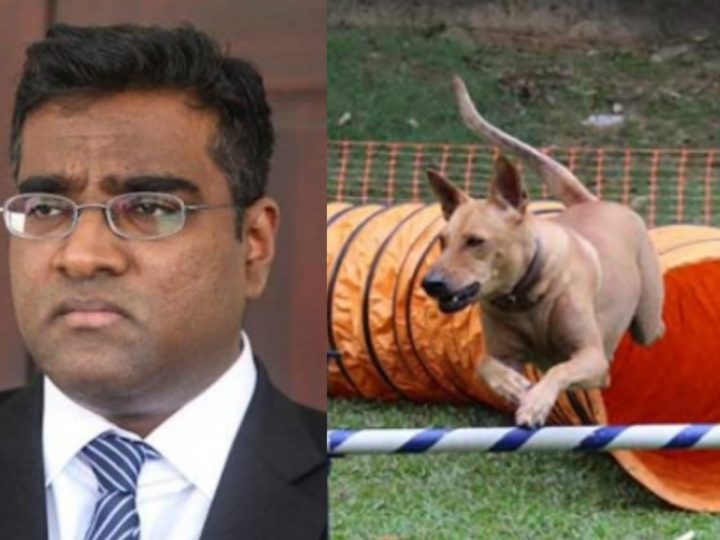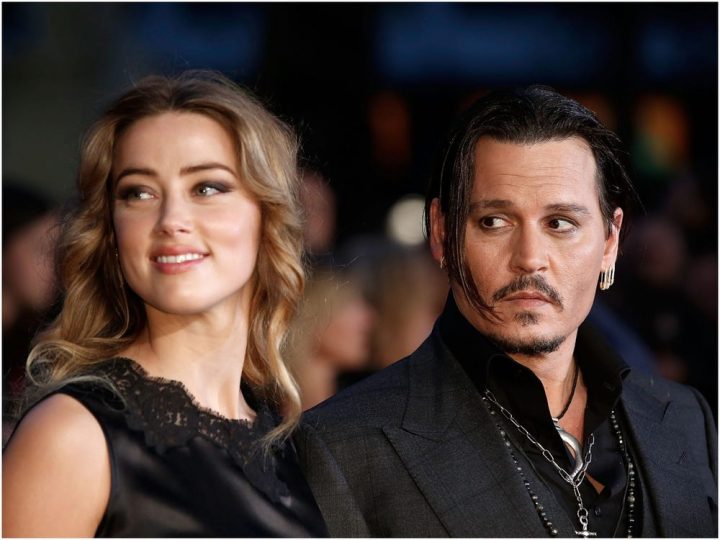Trial By TikTok: Here’s How The Over-Publicised Johnny Depp v Amber Heard Case Has Welcomed Toxic Behaviour
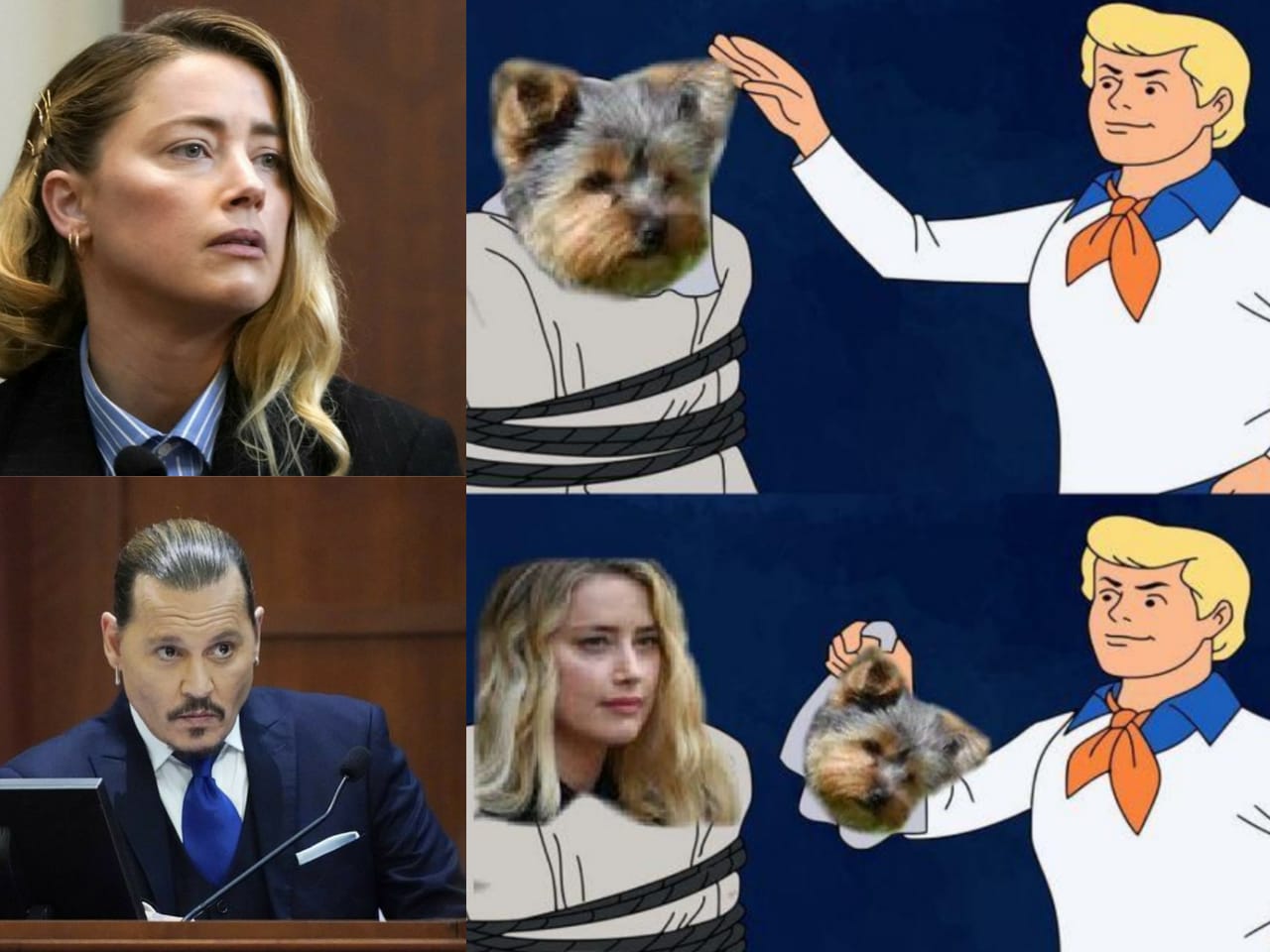 Thirsty for JUICE content? Quench your cravings on our Instagram, TikTok and WhatsApp
Thirsty for JUICE content? Quench your cravings on our Instagram, TikTok and WhatsApp
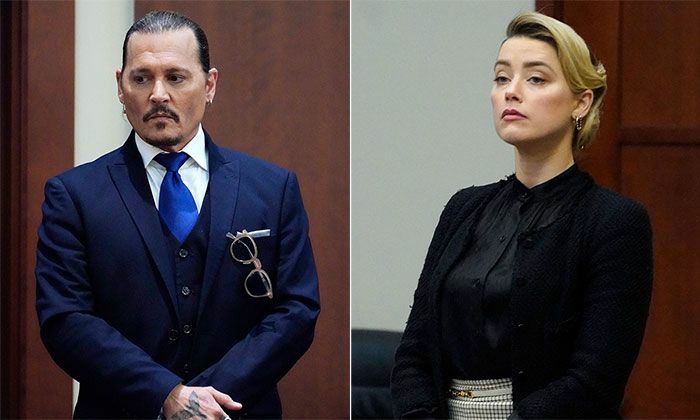
I’m sure your TL is flooded with Johnny Depp and Amber Heard’s sensational, extremely publicised trial, between the merciless memes, and disturbing TikTok challenges and edits.
On TikTok, cry-laughing emojis and poop stickers adorn courtroom clips with titles such as “Funniest witness moments so far” and “Johnny Depp funny moments part 3”.

One user even put a filter on footage of Heard’s testimony so that her nose protruded like Pinocchio’s.
https://www.youtube.com/watch?v=rNXhZdiViKo
And here’s the most popular trend so far: People posting their own renditions of Heard saying “My dog stepped on a bee” while testifying. There’s even a music video on it.
Angered fans are valid. Personal opinions are valid, too.
But is it too much to ask that we treat a serious issue… seriously? Isn’t it time that we stopped revolving the entire Internet around the lives of celebrities?

The court proceedings are filmed consistently, accessible to the entire Web, making more than enough way for toxic ‘cancel culture’. The Internet now has the power to massacre your entire career, as and when it feels like it.
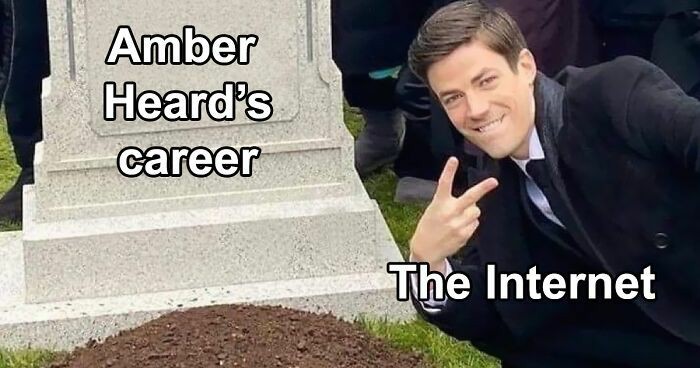
Don’t get me wrong, I’m all for justice and fairness- but no situation involving serious allegations of abuse should be turned into comedic content.
The high-profile case can still serve as a means to spread awareness without being turned into a joke, or a magnet for bullying. With this behaviour, we risk creating a world where the opinions of TikTokers and fans outweigh the court’s final verdict.
We give in to disrespectful and obsessive fan behaviour, paving the path for abusers to gain public interest and attention via infamy. Fans seem to turn less respectful over time, laying even their most baseless opinions out in public without fearing the consequences.
They’ve also formed meet and greet sessions outside the courtroom- and while many see this as an act of support, it was also reported that major clashes occurred between Depp and Heard supporters for several weeks.
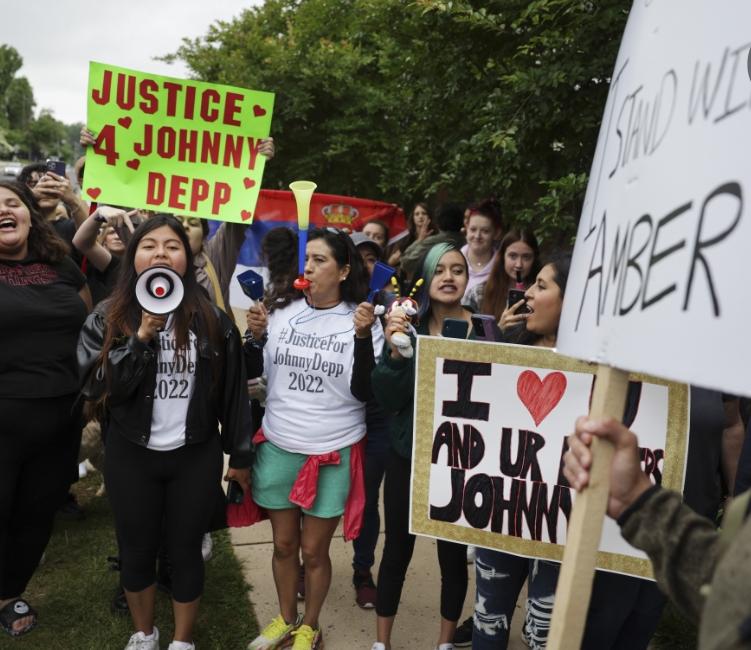
Depp has now won the case but what people fail to realise is that demonising and criticising Amber Heard throughout the affair will inspire the public to do the same to victims of abuse in the future.
See, I get why Amber Heard has been called a liar and all that, however, it does not justify denouncing every one of her actions down to her most acute facial expressions.
How do we accurately deem a reaction ‘bad acting’? Does this mean that a ‘good actor’ who’s guilty could get away with it, simply because they’d do a better job fooling the media and the jury?
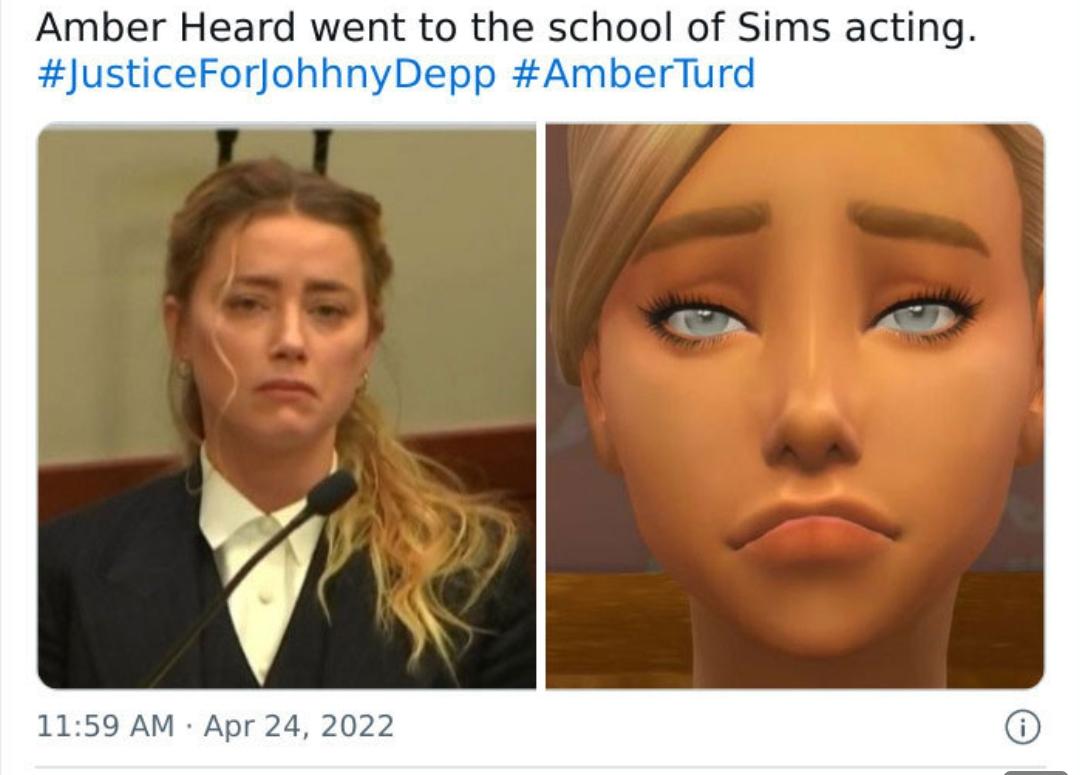
The thing is, most alleged victims of abuse are telling the truth according to research, and statistically high-risk victims will put up with domestic abuse for 2.3 years before getting help.
And when a person does seek help, they won’t look too fabulous explaining traumatic experiences – but does this mean that we are free to criticise them as well?
How many victims are we going to clown just because we were right this one time?
And how far is too far?
Take this for an example:

Threatening an abusive person with further abuse sounds hardly rational, doesn’t it? Are we normalising the idea that violence is an effective response, while chiding someone for being… violent?
In its essence, this case is a complex one. On one end, the public continues to be exposed to the possibility of female abusers, while the mere concept of it seemed unbelievable before.
On the other, it feeds the idea that in a media-controlled world, it’s more important to please spectators than to actually base accusations around concrete evidence.
Also, it’s hardly comparable to cases that occur worldwide on the daily, yet it has still tipped the scales of justice in today’s world.
All in all, it’s ironic how a defamation trial could trigger so much blatant defamation.


 Get Audio+
Get Audio+ Hot FM
Hot FM Kool 101
Kool 101 Eight FM
Eight FM Fly FM
Fly FM Molek FM
Molek FM
